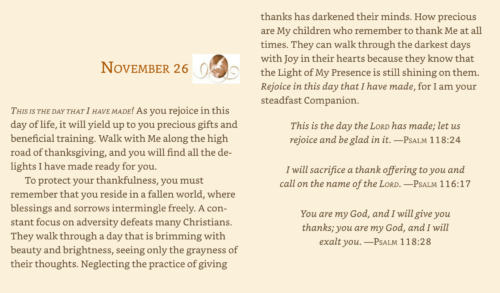Trusting Our Inner Experience
Father Richard elaborates on Jung’s teaching on the importance of inner experience as the only pathway to transformation.
Carl Jung wanted to bring externalized religion back to its internal foundations. He saw how religion kept emphasizing the unbridgeable distance between the Creator and creation, God and humanity, inner and outer, the one and the many. In spite of creation’s ecological unity (Genesis 1:9–31), Christianity too often began by emphasizing the problem of separation (“original sin”) instead of beginning with the wonderful unity between creation and Creator.
Except for the experience of many saints and mystics, religion has greatly underemphasized any internal, natural resonance between humans and God. This gives us clergy an almost impossible job! First, we must remind everyone that they are “intrinsically disordered” or sinful—which then allows us to just happen to have the perfect solution. It is like a vacuum cleaner seller first pouring dirt on the floor to show how well this model works. As if the meaning of this beautiful universe could start with a foundational problem!
Christianity rarely emphasized the plausibility or power of inner spiritual experience. Catholics were told to believe the pope, the bishops, and the priests. Protestants were told to believe the Bible. The Catholic version has fallen apart with the pedophilia crisis worldwide; Protestantism’s total reliance on preaching the Bible has been undone by postmodern worldviews. But both Catholics and Protestants made the same initial mistake, I’m sorry to say. It’s all about trusting something outside of ourselves. We gave people answers that were extrinsic to the soul and dismissed anything known from the inside out. “Holiness” largely became a matter of intellect and will, instead of a deep inner trust with an inner dialogue of Love. It made us think that the one with the most willpower wins, and the one who understands things the best is the beloved of God—the opposite of most biblical heroes. We’ve been gazing at our own “performance” instead of searching for the Divine in us and in all things.
We must begin with a foundational “yes” to who we are and to what is (Reality). This is mature religion’s primary function. It creates the bedrock foundation for all effective faith. If we begin with a problem, the whole journey remains largely a negative problem-solving exercise that never ends. We’re left with inherently argumentative and competitive Christianity.
If we begin with the positive, and get the issue of core identity absolutely clear, the rest of the journey—even though it isn’t always easy—is by far more natural, more beautiful, more joyful and all-inclusive. What else should the spiritual journey be? When we start in the basement, most people never believe they can even get to the first floor, and they just opt out. Isn’t this obvious at this point in Christian history? Sadly, we clergy became angry guards instead of joyful guides, policing dogma instead of proclaiming the Great Gift which is perfectly hidden and perfectly revealed at the heart of all creation from the very beginning.
